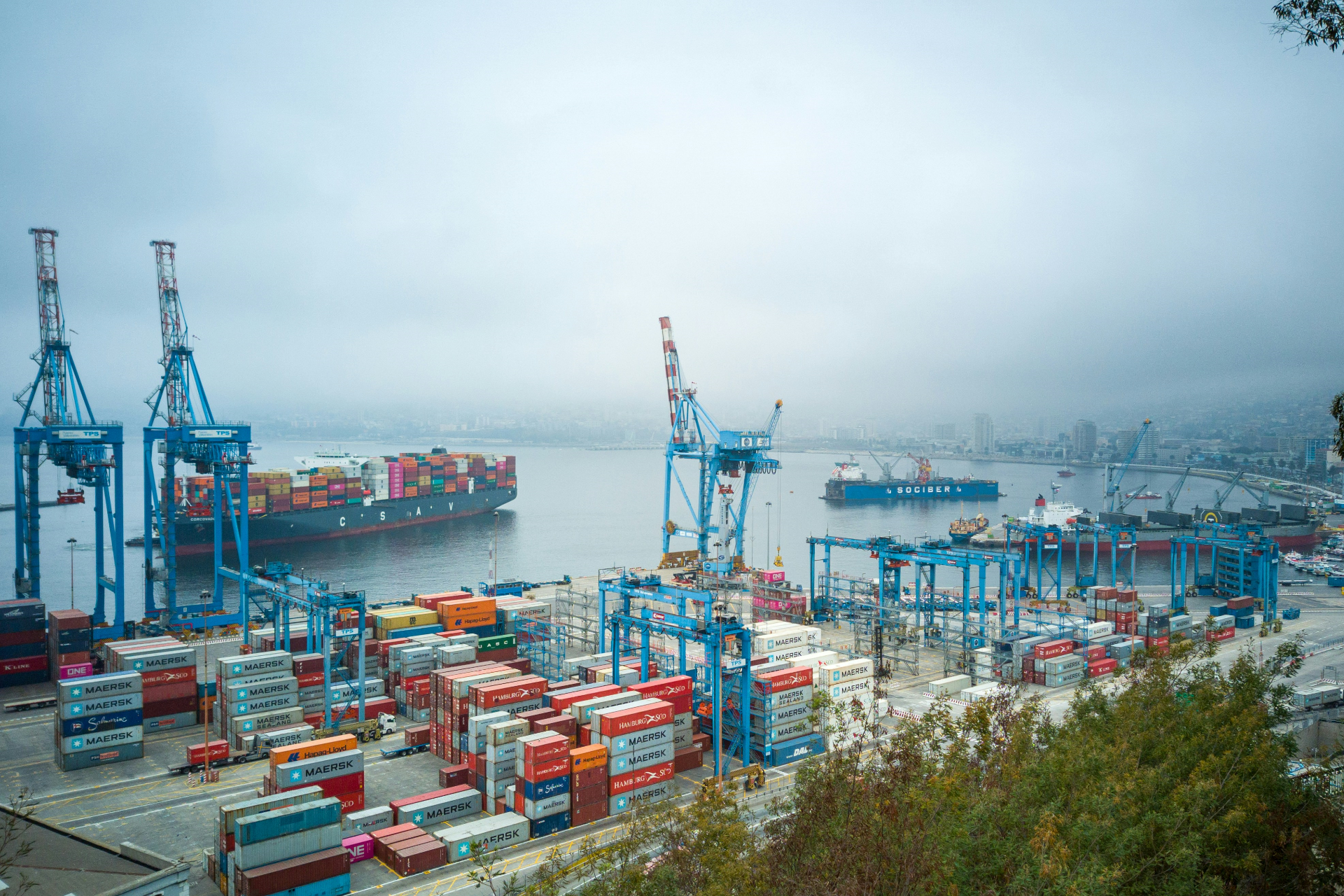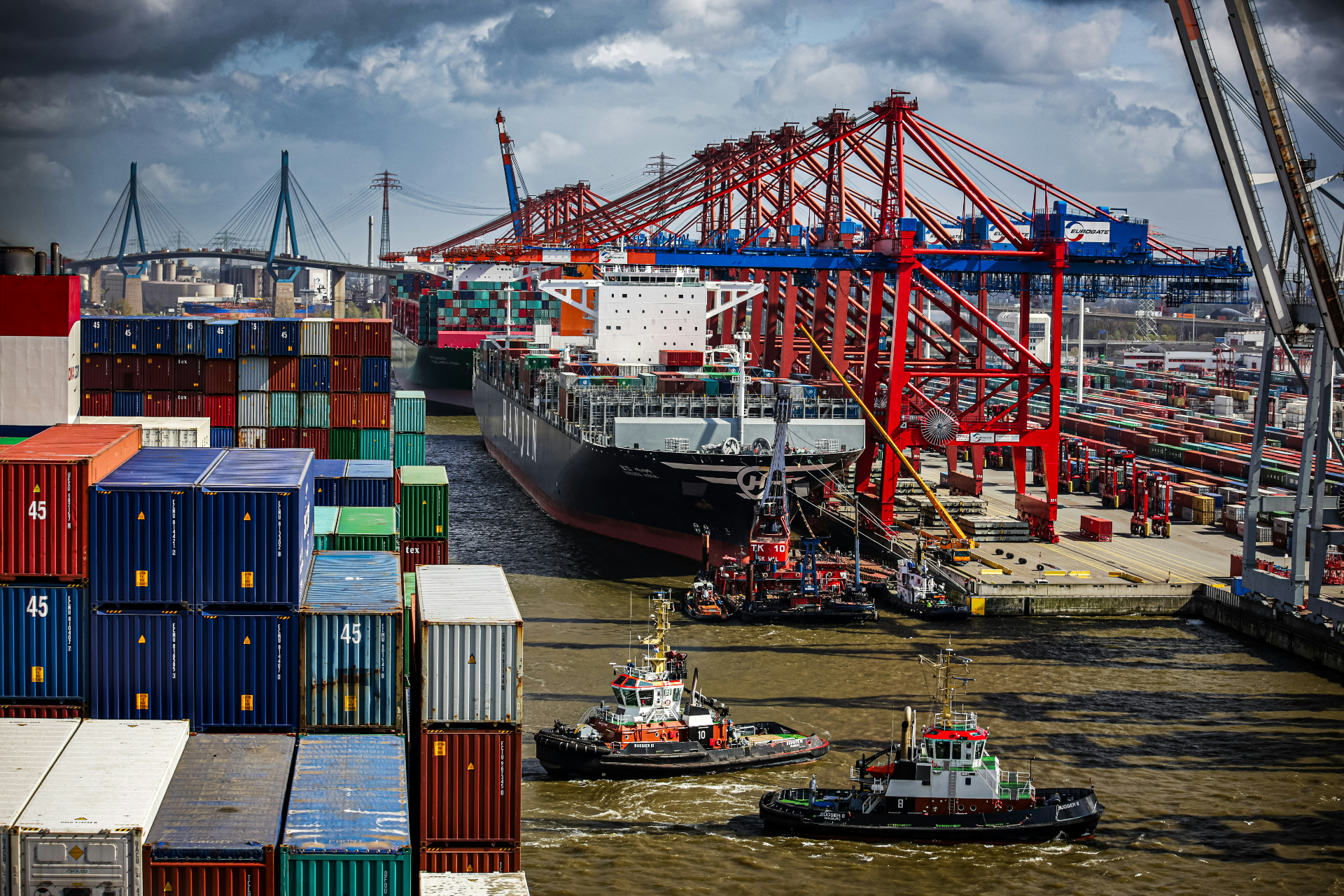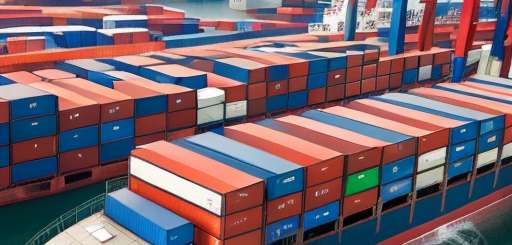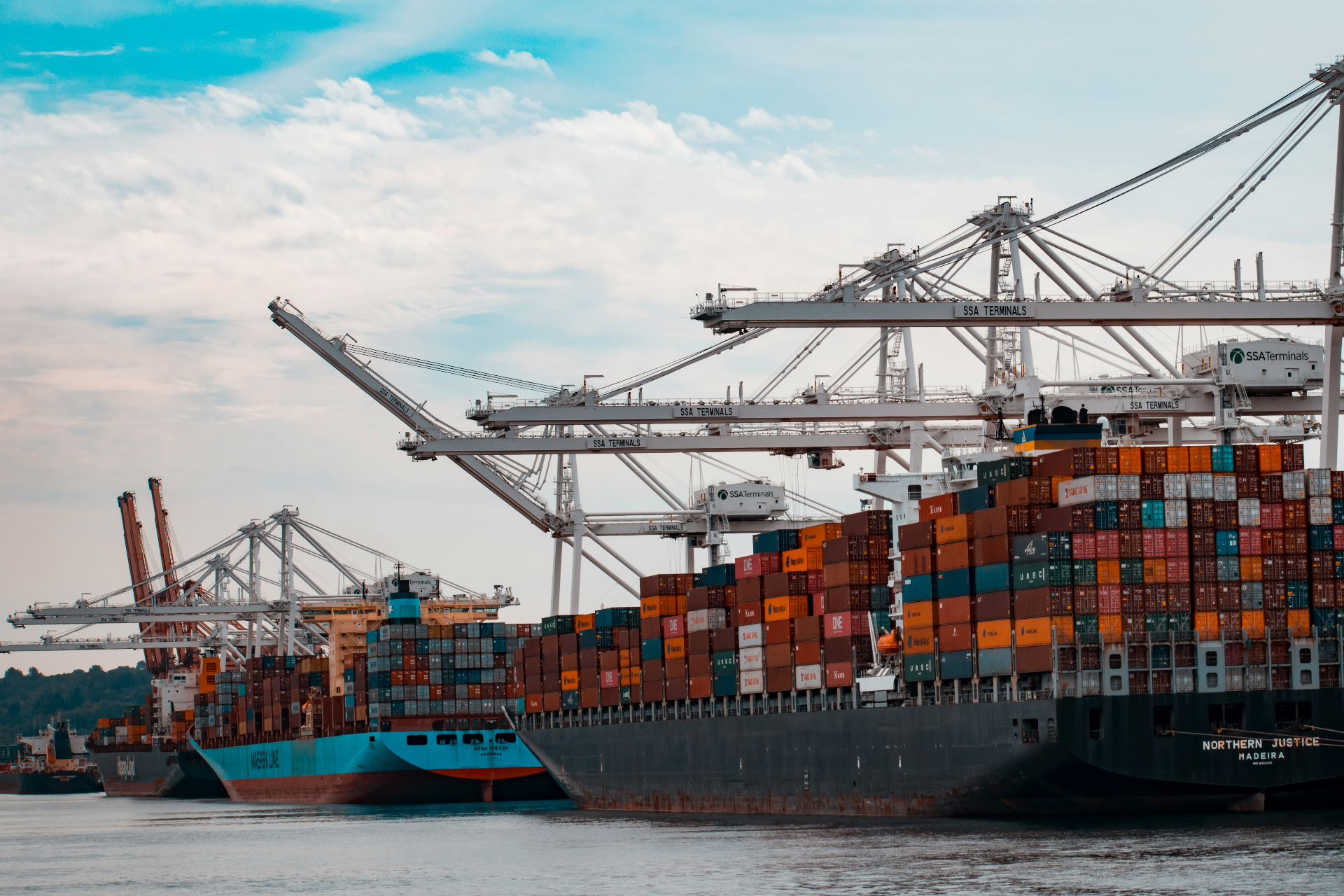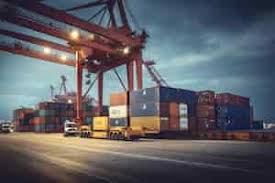Governments utilize anti-dumping duties as a vital tool to defend their domestic industry from unfair trade practices and to keep the playing field level in international trade. Businesses, decision-makers, and consumers can better grasp the function of anti-dumping duty in creating fair competition, protecting domestic industries, and building harmonious trade relations between nations by knowing the concept of anti-dumping duty and how it is applied.
What is Anti-Dumping Duty?
Governments put anti-dumping duties on imported goods that are sold for less than their fair market value in the exporting nation. Dumping happens when a foreign manufacturer exports items for less than their local market price or less than their cost of production with the goal of gaining market share or squelching competition in the importing nation.
Anti-dumping duties are primarily used to safeguard domestic industry from the negative effects of predatory pricing strategies and to keep the playing field level in international trade.
Why is Anti-Dumping Duty Necessary?
Anti-dumping duties are necessary for several reasons:
- Protection of Domestic Industries: Anti-dumping taxes protect domestic businesses from the damaging effects of dumping on imports. Without these regulations, domestic manufacturers could find it difficult to compete with unfairly priced imports, which would result in job losses and company closures.
- Preservation of Fair Trade Practices: Anti-dumping tariffs work to prevent countries from participating in predatory pricing strategies that hinder market competition, helping to ensure that trade is conducted fairly and openly on a global scale.
- Encouragement of Healthy Competition: By enforcing anti-dumping tariffs, governments push domestic and foreign firms to compete on the basis of efficiency, innovation, and quality rather than undercutting rivals through unfair pricing.
How is Anti-Dumping Duty Imposed?
The process of imposing anti-dumping duties typically involves the following steps:
- Initiation of Investigation: Domestic producers or industries that suspect they are suffering because of dumping imports may submit a petition to their government's trade authorities. After then, the pertinent authorities will launch an investigation to see if there is adequate proof of dumping and harm to the domestic industry.
- Determination of Dumping Margin: The authorities will determine the "dumping margin," which is the gap between the export price of the products and their regular worth in the exporting country, if the inquiry uncovers evidence of dumping.
- Assessment of Injury: The authorities will also determine how much damage the dumping of imports has done to the domestic industry. Examining elements like decreased sales, a smaller market share, poorer earnings, and job losses may be part of this.
- Imposition of Anti-Dumping Duty: The authorities will impose an anti-dumping duty on the imported products if both dumping and harm are proven. Depending on what is required to stop the harm to the domestic industry, the tariff is typically imposed at a level equal to or lower than the dumping margin.
- Periodic Review: Anti-dumping duties are not permanent and are reviewed on a regular basis. Authorities may reevaluate the need for the duty and vary or abolish it in response to alterations in the state of the market or the actions of foreign manufacturers.
Related Information

























